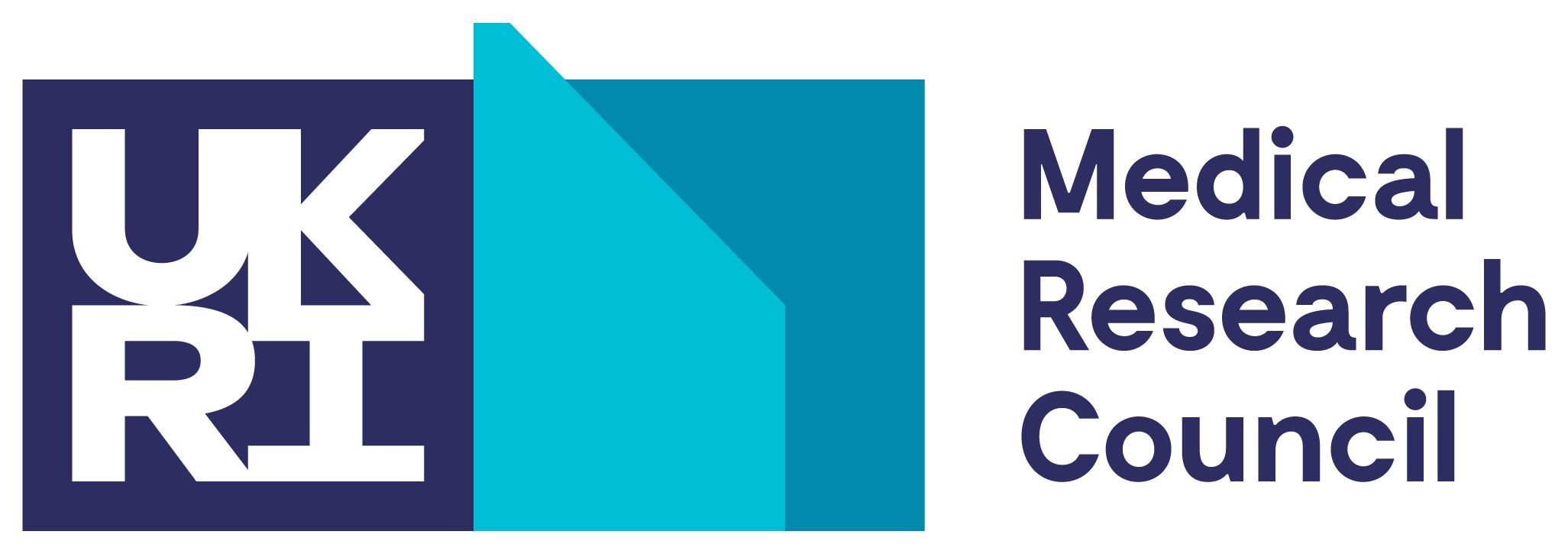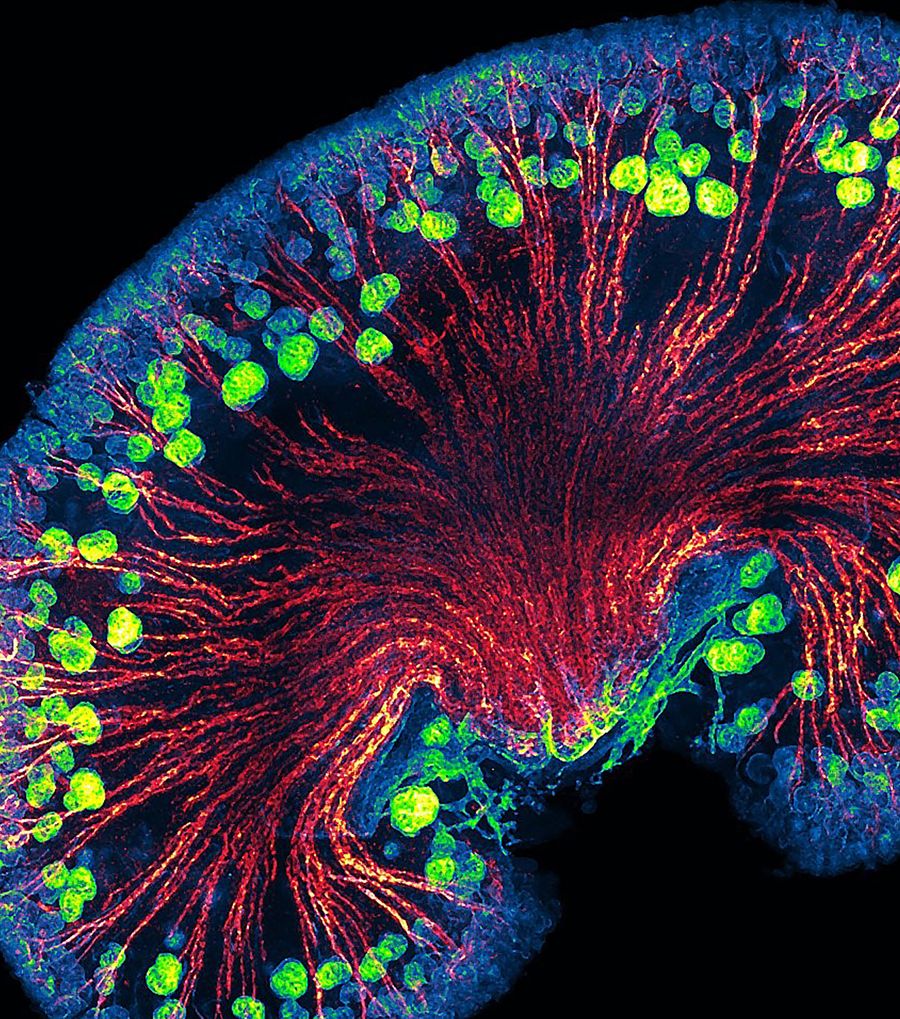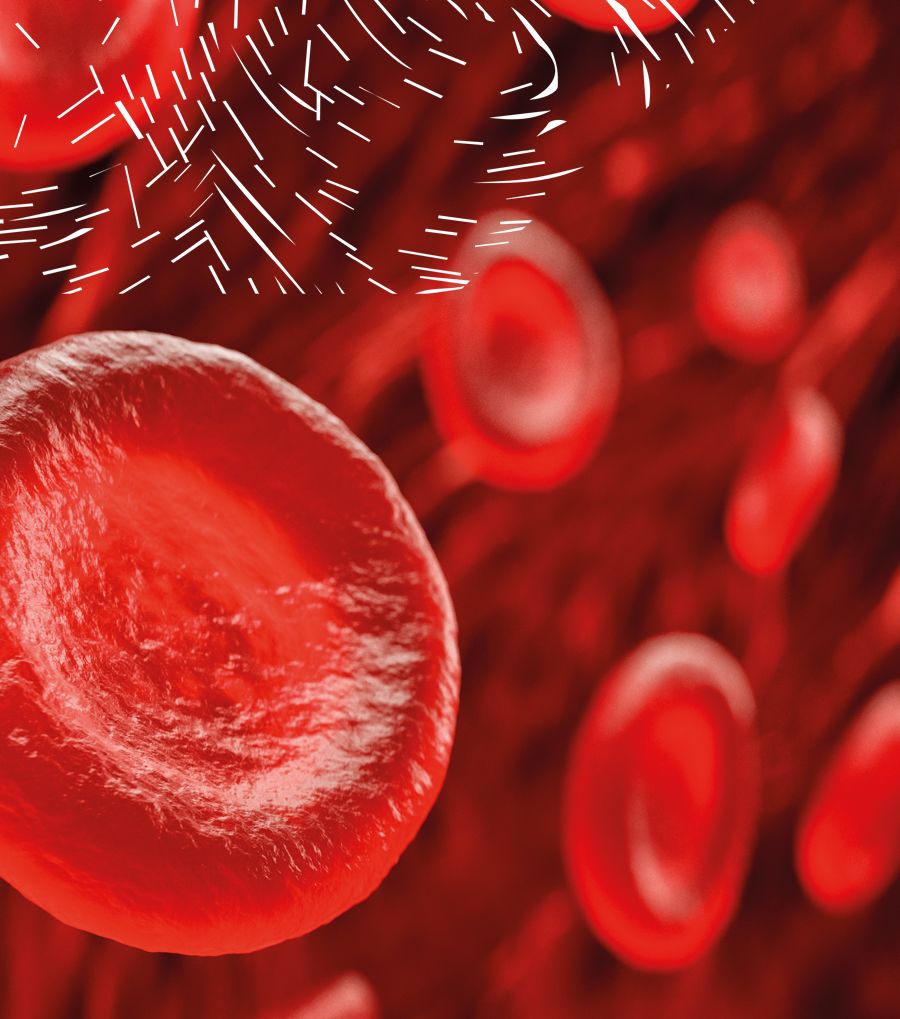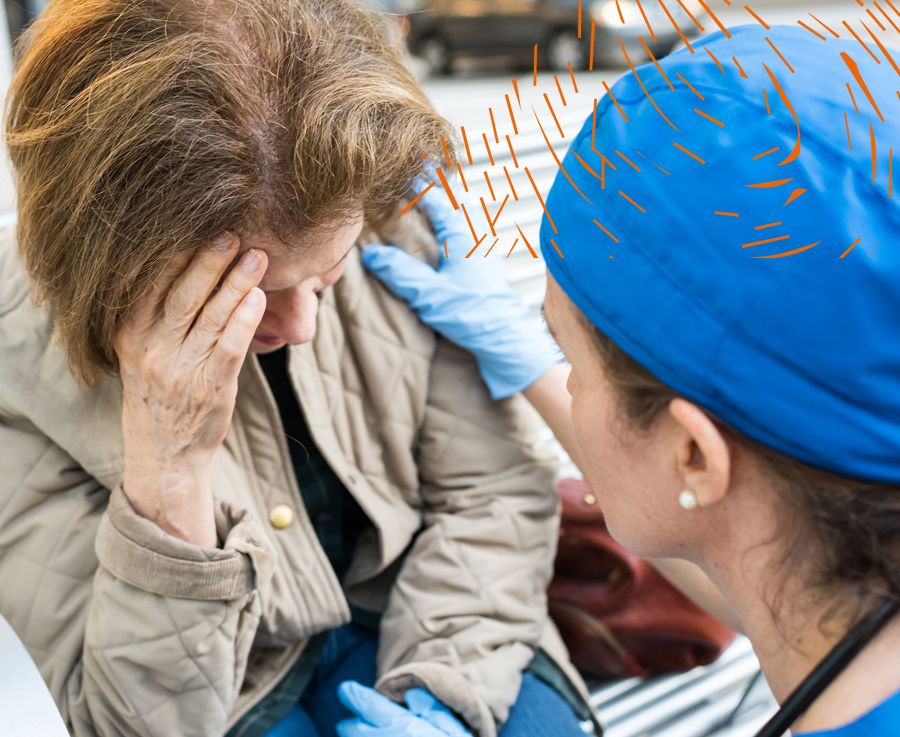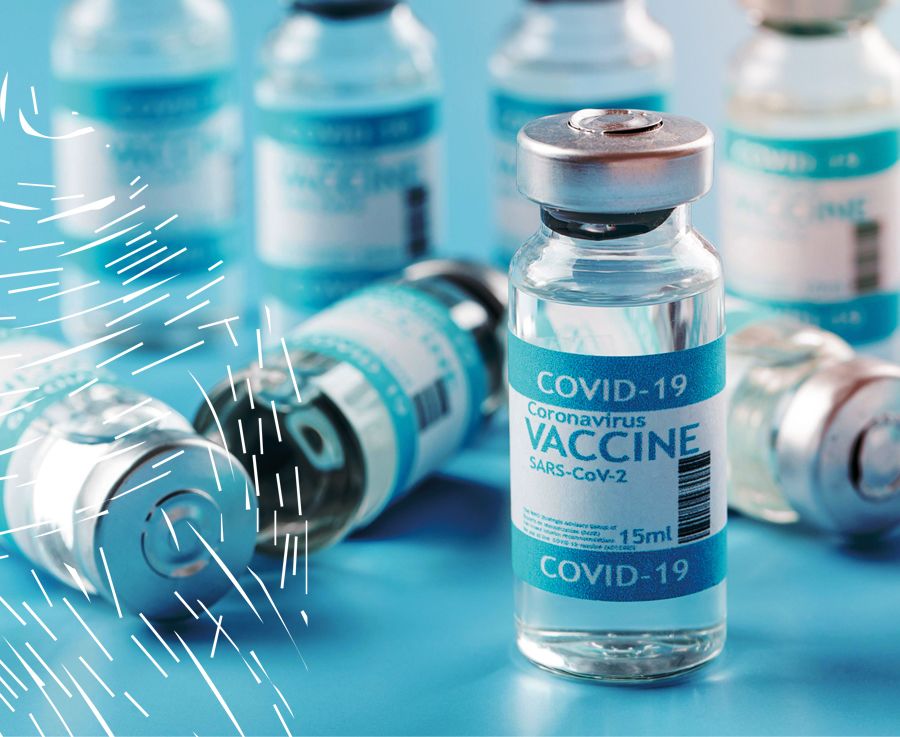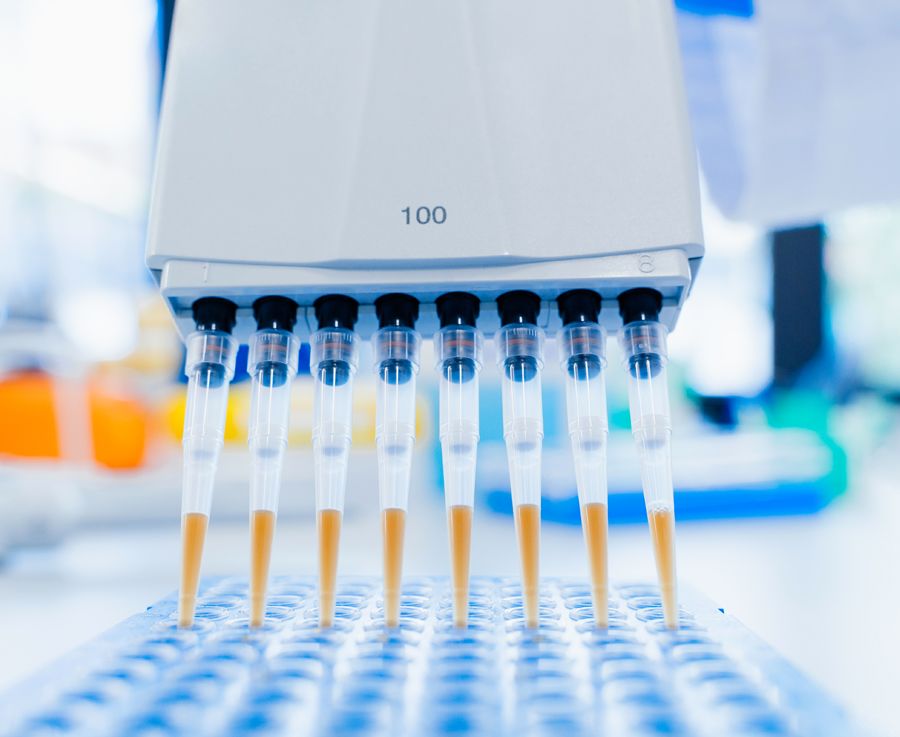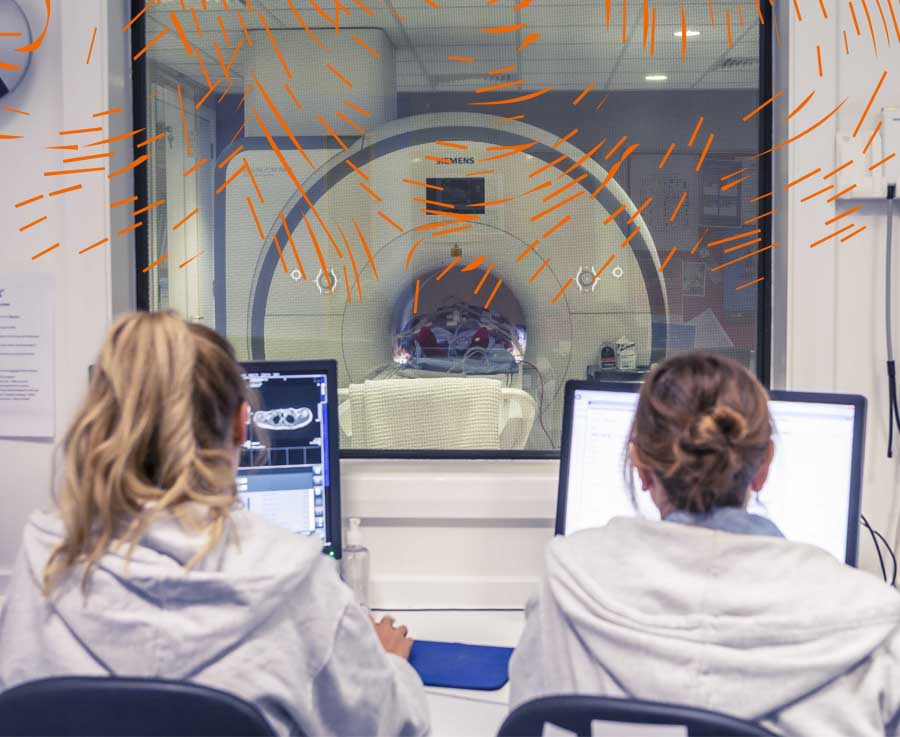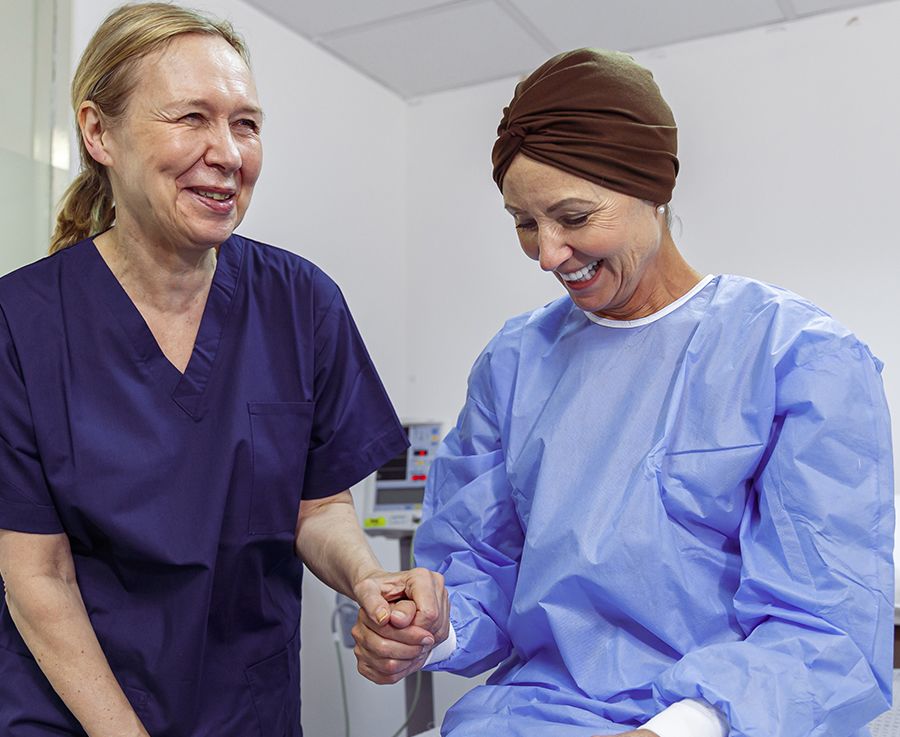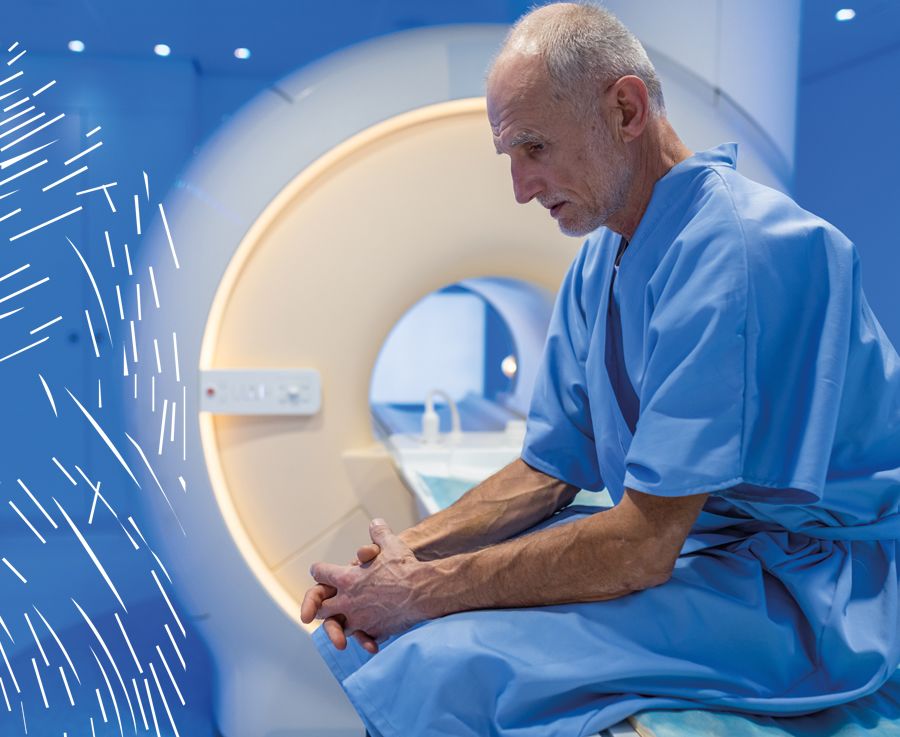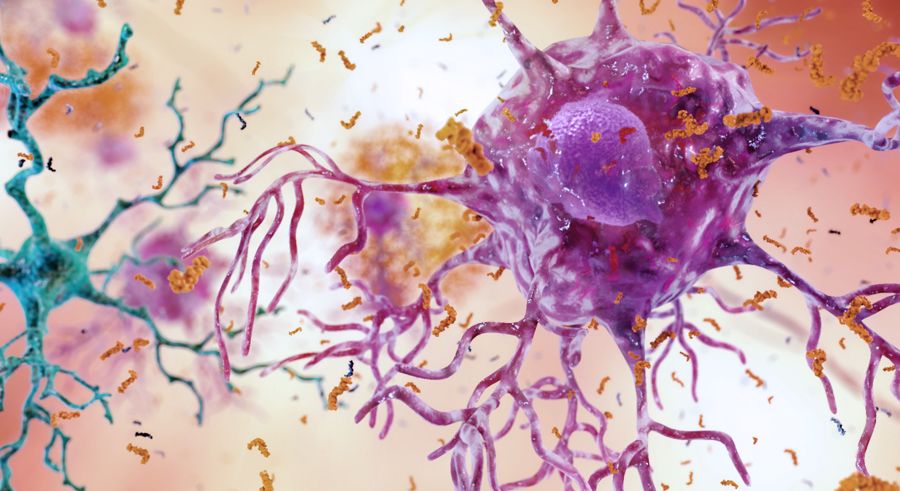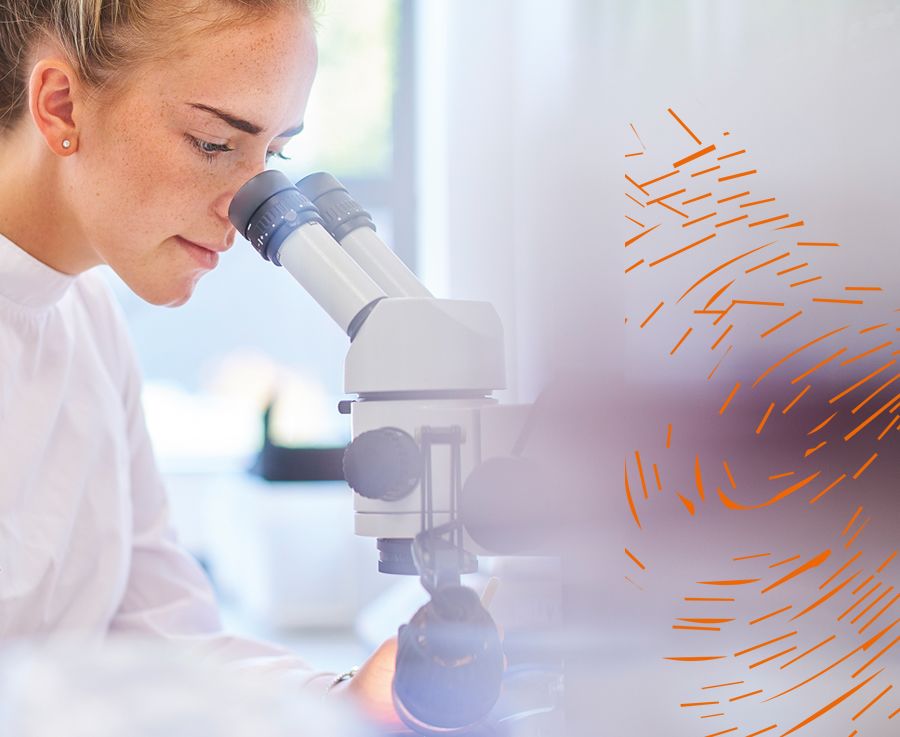MRC Impact Showcase
How the people and projects we invest in at the Medical Research Council (MRC) are making an impact on our lives and the world we live in.

Our mission at the Medical Research Council (MRC), part of UK Research and Innovation, is to improve human health through world-class medical research. To achieve this, we invest public money into some of the best medical research in the world across every area of health. Our work has led to some of medicine’s biggest breakthroughs – from deciphering DNA’s structure to inventing the MRI scanner and developing one of the first COVID-19 vaccine. Our scientists have transformed modern medicine, and in turn have been recognised by 33 Nobel Prizes.
The impacts of our work are broad and diverse – benefiting the economy, society, culture, public policy and services, health, the environment, and quality of life for people in the UK and around the world. They are made possible not just through funding science, but also through targeted investment supporting entrepreneurial activity and supporting enterprise. MRC has built up emerging areas and funded world-class ideas, working with stakeholders across all sectors and partners across the world, guided by our vision to accelerate improvements in human health and economic prosperity.
The case studies below showcase just some of the non-academic impacts arising from MRC funding, with examples from higher education institutes (HEIs) and MRC-supported institutes and major investments.
Credit: Dr Daniyal Jafree and Professor David Long, Kidney Development and Disease Group, UCL Great Ormond Street Institute of Child Health
Credit: Dr Daniyal Jafree and Professor David Long, Kidney Development and Disease Group, UCL Great Ormond Street Institute of Child Health
MRC supporting jobs and boosting the UK economy

New cancer therapies insight leads to spin-out companies worth £54 million and 326 new jobs
- Research into how cancer cells interact with the immune system has led to new avenues for developing treatments
- Researchers at the Francis Crick Institute – a partnership between MRC, Cancer Research UK and Wellcome – have identified several unique cellular processes involved in driving cancer growth, providing opportunities to develop targeted therapies aimed at disrupting them
- The research has led to several spin-out companies, collectively valued at £54.4 million and employing 326 people, with several therapeutic candidates in phase I/II trials for melanoma, solid cancers and leukaemia
Cell therapy spin-out creates new manufacturing facility
- Autolus was established to develop and commercialise advanced autologous T cell therapies that have the potential to deliver life-changing treatments to patients with cancer and autoimmune diseases.
- The spin-out is founded on advanced cell programming technology developed with funding from MRC and others
- It has raised £1.2 billion in external investment since it was established in 2014 and was valued at £259 million in May 2024
- Autolus has invested in a 70,000ft2 manufacturing facility in the UK and employed 342 workers in 2022
Creating the world’s largest retinal gene therapy company
- Gene-therapy research into inherited diseases that cause blindness led to new treatments and the formation of a successful spin-out company
- MRC-funded research at Imperial College London and the University of Oxford pioneered the first clinical trials of gene therapy for the diseases choroideremia and X-linked retinal pigmentosa, which demonstrated significant improvement in vision for some of the patients treated
- Spin-out company Nightstar was created with the novel treatment as its lead programme. Licensing of subsequent research extended the approach to other kinds of retinal pigmentosa, and created the world’s largest retinal gene therapy company
MRC driving economic growth

Cancer breakthrough leads to new patents
- A breakthrough discovery into the cellular processes of cancer has led to the development of 18 cancer therapies and multimillion-dollar sales
- MRC-funded research at University of Sheffield and University of Oxford discovered an important relationship between an enzyme called PARP (poly ADP-ase polymerase) and a genetic process. PARP inhibitors proved a highly effective treatment for some cancers
- Four of the PARP family of inhibitors that have been developed as cancer treatments are attributed to the original Sheffield patent: Lynparza, Niraparib, Rucaparib, and Talazoparib. Lynparza had sales of $2.6 billon in 2022; Niraparib had sales of $ 577 million in 2022; and Rucaparib had sales of $164 million in 2023
Industry collaboration drives new drug treatments
- MRC has supported University of Dundee’s Department of Signal Transduction Therapy (DSTT) and its strong relationship with the pharmaceutical industry for 25 years
- The facility brings together academia and some of the world’s leading pharmaceutical companies to identify and accelerate the development of new drugs
- The identification of PROTACS, a new class of drugs that target disease-causing proteins for degradation, has changed the direction of commercial drug discovery, prompting more than $3.5 billion (£2.8 billion) in investment
- A collaboration with GSK led to the development of anti-tumour medication Dabrafenib. Sold under the brand name Tafinlar, it saw $1.7 billion (£1.3 billion) in sales in 2022
Synthetic biology unlocks potential of micro-factories
- Researchers at the MRC-funded Laboratory of Molecular Biology have entirely re-engineered the genetic code of a common gut bacterium, E.coli, creating the largest synthetic genome to date
- These synthetic cells could be programmed to create micro-factories that produce a vast range of new molecules, such as those used for biodegradable plastics, new materials and novel drugs
- In 2022, spin-out company constructive.bio was launched to commercialise the opportunities of this synthetic biology research
MRC reducing healthcare costs
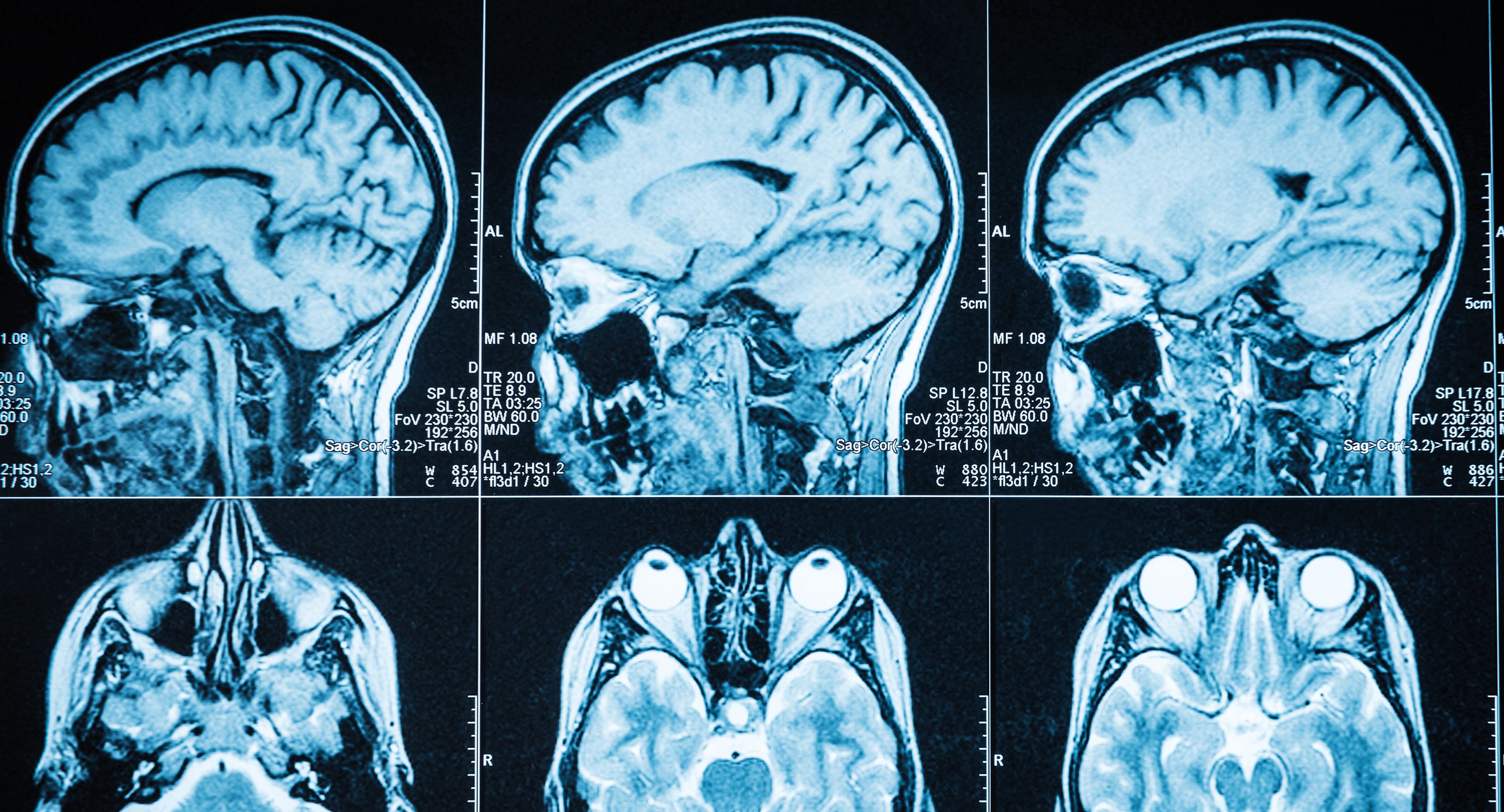
Advancing stroke diagnosis and management
- The diagnosis and management of stroke has radically changed as a result of MRC-funded research, leading to approximately 70,000 strokes being prevented since 2013 in the UK, and cost savings of £200 million per year for the NHS
- University of Edinburgh researchers demonstrated that immediate computerised tomography (CT) is the most cost-effective way to diagnose acute stroke
- University of Oxford researchers showed that faster treatment and early use of clot-busting antiplatelet drugs brought substantial benefits to patients
Improving doctor-patient communication
- Treatment outcomes for mental illness depend on the quality of doctor-patient communication. Researchers at Queen Mary University of London developed tools to improve those dialogues
- Research shows repeated use of communication support app DIALOG+ over six months improves patients’ quality of life and reduces treatment costs. Use of the app is now recommended by the NHS for all early intervention teams in England and mental health services in London
- Building on the findings of MRC-funded research, the team also created TEMPO, a communication training programme for clinicians treating psychosis, which is now used by 12 NHS Trusts and 43 international institutions
Reducing the time and cost of diagnosing heart disease
- Coronary heart disease accounts for nearly 12% of deaths in the UK, and is caused by a narrowing – or stenosis – of blood vessels feeding the heart
- MRC-funded research led to the development of a diagnostic tool by clinicians and engineers at Imperial College London that can assess the severity of stenosis more quickly and cost-effectively
- The tool – instantaneous wave-free ratio (iFR) – reduces procedural time and costs by 10%, while also improving patient comfort. It received FDA approval in 2014 and has been used in more than more than 30 countries
MRC tackling the impact of COVID-19

Global adoption of effective COVID-19 treatments saves lives
- RECOVERY trial (Randomised Evaluation of COVID-19 Therapy) – world’s largest clinical trial into treatments for COVID-19, more than 48,000 participants across 185 sites
- Results found dexamethasone, a cheap, readily available steroid, reduces death rates among seriously unwell patients
- Findings immediately transformed global clinical guidelines and practice
- MRC funding directly supported RECOVERY trial through the COVID-19 Rapid Response Initiative in 2020 with the National Institute of Health Research
- The initiative saved an estimated 650,000 lives by the end of 2020
- Find out more about the RECOVERY trial
Oxford-AstraZeneca Covid-19 vaccine contributed to 6.3million lives saved
- Oxford-AstraZeneca COVID-19 vaccine contributed to saving 6.3 million lives around the world in the first year of rollout
- More than 11,000 trial participants showed 70% reduced risk of COVID-19 and 100% reduction in risk of hospitalisation or death
- MRC funding supported vaccine’s development – success underpinned by decades of MRC funded research that supported the development of ChAdOx1 platform – an adenoviral vector for vaccines to induce and boost cellular immunity
- Find out more about our role in developing the vaccine
Coronavirus samples inform national COVID-treatment guidelines
- Sotrovimab was one of the first anti-viral therapies licensed for the treatment of COVID-19 and an essential defence for people who have a poorer response to vaccination. However, by 2022 there was concern sotrovimab may not respond to newer variants circulating
- Led by researchers at the MRC-funded Francis Crick Institute, the Legacy Study utilised a unique bank of more than 400,000 coronavirus samples that had been collected since 2020 to test a variety of therapies
- They were able to show sotrovimab offered protection against newer strains. As a result, NICE issued guidelines for its continued use
UK Biobank provides evidence of COVID-19 brain changes
- Brain scans from UK Biobank – a database established by MRC with genetic and health information from 500,000 UK participants – revealed how even mild COVID-19 infection can cause physical changes to the brain
- The UK Biobank COVID-19 Repeat Imaging study enabled researchers to access brain scans of individuals around three years apart, making it the only study in the world to demonstrate ‘before and after’ changes in the brain associated with SARS-CoV02 infection
- The results showed participants who contracted COVID-19 had a greater reduction in brain size compared to uninfected participants. UK Biobank will be a vital resource in understanding whether these changes are reversible over time
UK Biobank participant undergoing a brain scan as part of the UK Biobank COVID-19 Repeat Imaging study. Credit: UK Biobank
UK Biobank participant undergoing a brain scan as part of the UK Biobank COVID-19 Repeat Imaging study. Credit: UK Biobank
MRC improving quality of life
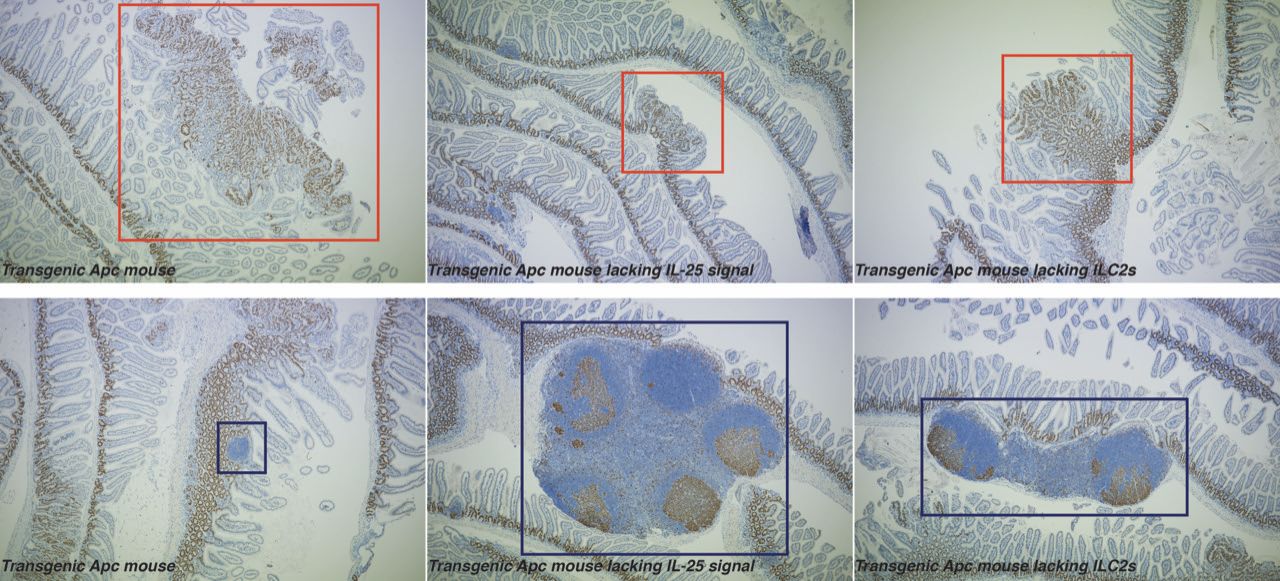
Lifesaving treatments for neuromuscular diseases in children
- More than two million children worldwide are affected by neuromuscular diseases
- Work funded by MRC and medical research charities, in collaboration with biotechnology companies, led to approval of the first effective treatments for the genetic diseases Duchene Muscular Dystrophy (DMD) and Spinal Muscular Atrophy (SMA)
- Researchers from UCL, Royal Holloway and Bedford New College developed Spinraza – the only approved drug for the treatment of SMA in the UK and most of the world – available via the NHS since June 2019, with 300 patients already gaining access
- Two medicines developed for DMD – Exondys 51 and Vyondys 53 – which improve quality of life and life expectancy for at least 20% of patients, approved in the US and benefitting over 1,500 people so far
- These medicines have also generated sales of more than $5.5 billion
Repairing damaged cartilage in knee joints
- Left untreated, defects in cartilage can progress to osteoarthritis. A team of researchers at the University of Keele has developed a cell therapy that helps repair cartilage in knee joints
- An MRC-funded trial provided the evidence and cost-benefit data that led to the therapy, known as autologous chondrocyte implantation, which received NICE approval in 2017. The team also developed a tool to help identify patients who would most benefit from the treatment
- The team are currently investigating a new ‘off the shelf’ cell therapy that uses donor cells, which would reduce cost and improve patient outcomes
MRC improving outcomes for cancer patients
Anti-cancer treatments across the world
- University of Southampton developed anti-cancer monoclonal antibodies. The most advanced are two used to treat leukaemias such as Chronic Lymphocytic Leukemia (CLL) and Follicular Lymphoma (FL) called Ofatumumab and Obinutuzumab
- The patented research was collaboratively developed and licensed to a Swedish biotech firm, resulting in a clinical trial programme that led to a £73 million commercial agreement
- MRC funding has supported this field of research since the 1970s when scientists at the MRC LMB discovered monoclonal antibodies and later developed humanised monoclonal antibodies in the 1990s for which they won Nobel prizes
Trial improves prostate cancer patient health and care
- Research led by the Universities of Oxford and Bristol has changed the way that men with early-stage prostate cancer are diagnosed and treated
- The ProtecT trial compared active monitoring with more invasive treatments, radiotherapy and surgery, finding that patients who did not undergo invasive treatment had the same high survival rates
- The trial also found that the negative impacts of radiotherapy and surgery on urinary and sexual function persist much longer than previously thought – for up to 12 years
- Evidence has changed health policy and clinical practice through updated guidelines and optimised treatment
- MRC funding has supported the underpinning work carried out at the University of Bristol through the MRC ConDuCT-II Hub since 2014
MRC supporting healthy ageing
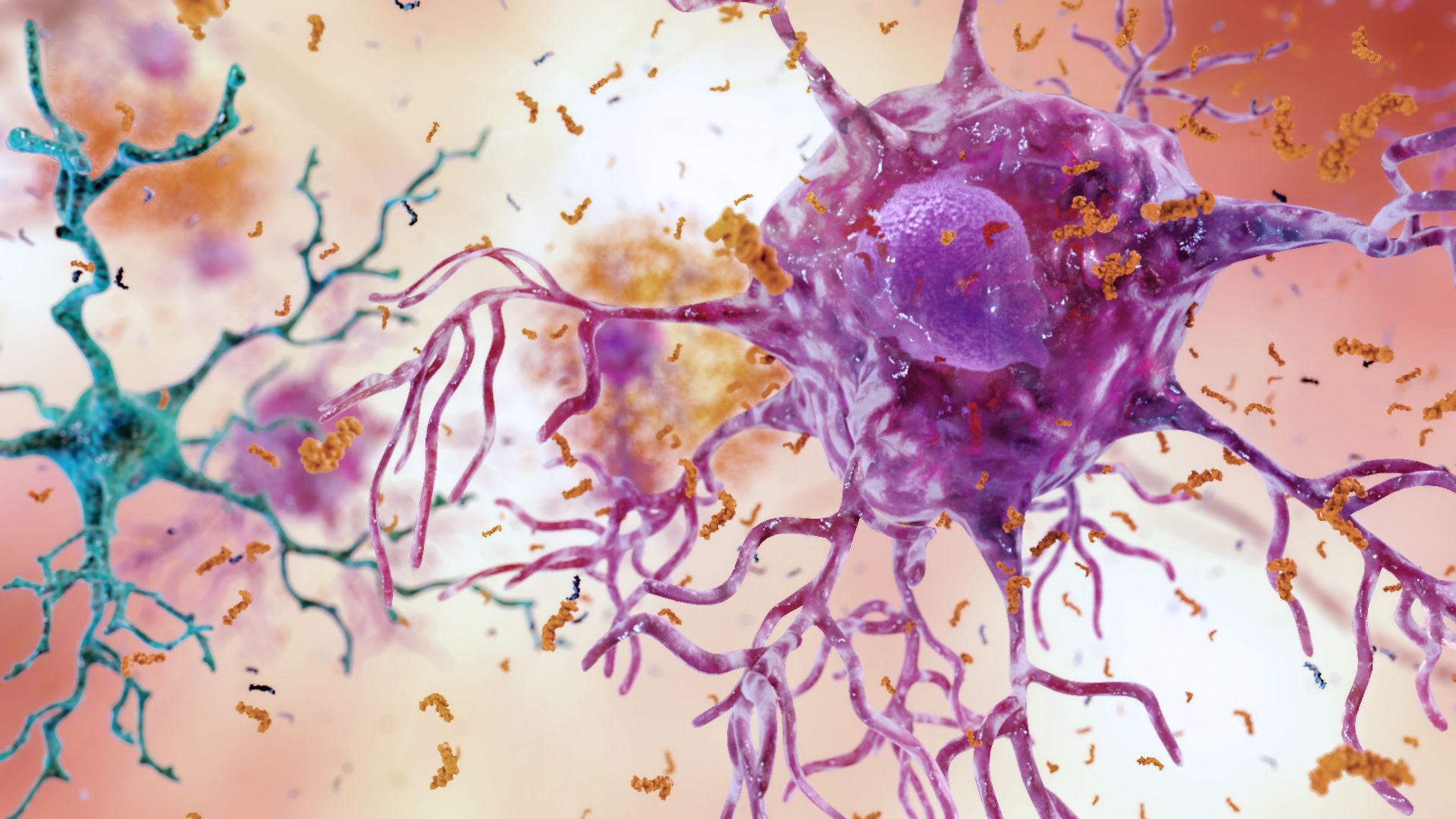
Preventing falls in older people
- Falls are a significant concern for older people and come at a cost of more than £2.3 billion per year to the NHS
- Home adaptation services – such as stairlifts, grab-rails and ramps – are available for those who want to continue living in their home. However, until now, there has been no evidence to demonstrate their effectiveness
- Researchers from the MRC-funded Health Data Research UK have created a dataset that shows these adaptations can help prevent falls and also identifies those most at risk of falling. The research could help inform policy for proactive interventions
Identifying genetic risk of Alzheimer’s disease
- An international study has identified 75 genes associated with an increased risk of developing Alzheimer’s disease, including 42 new genes that had not previously been implicated
- Researchers at the MRC-funded UK Dementia Research Institute analysed the genomes of 111,326 people diagnosed with Alzheimer’s disease and 677,633 genomes from healthy people, making it the largest genetic study of Alzheimer’s disease to date
- The development of a new genetic risk score could be used when recruiting patients for clinical trials aimed at treating the early stages of the disease, when damage to the brain is minimal
Brain inflammation with microglia that fail to clear debris, causing astrocytes to react. Credit: National Institute on Aging, National Institutes of Health
Brain inflammation with microglia that fail to clear debris, causing astrocytes to react. Credit: National Institute on Aging, National Institutes of Health
MRC informing health policy

Big data to improve care and outcomes for millions of people with cardiovascular disease
- UCL researchers used large-scale patient data to shape national and international clinical guidelines for the prevention, diagnosis, and treatment of a range of cardiovascular diseases. This has benefitted care and improved outcomes for millions of patients worldwide
- Evidence from the research informed a major change in guidelines, to lower the blood pressure threshold which defines hypertension, making diagnosis more accurate
- MRC funding has contributed to this research since 2012
Understanding the transmission and control of COVID-19
- Research from Imperial College London and Oxford University provided key data which underpinned recommendations and policies during the COVID-19 pandemic. This included school closure policy, social gatherings and contributed to the recommendation of interventions to protect those living in large households
- The evidence transformed our understanding of the epidemiology of COVID-19 and the measures required to protect public health
- MRC Centre for Global Infectious Disease Analysis (GIDA) scientists have tailored their research focus to COVID-19 to provide rapid, open access, real-time modelling and assessment analysis targeted at the needs of policymakers
- Since its establishment in 2008, MRC GIDA scientists provided insight into previous outbreaks of Ebola and Zika and worked with public health agencies and policy makers to improve preparedness and responses to disease outbreaks
Genome sequencing to inform outbreak response
- Researchers at the University of Birmingham developed rapid whole genomic sequencing methods to transform the management of infectious disease around the world
- The research has improved identification of transmission pathways, evolution of pathogens and sites of persistence. MRC funding supported the team to apply rapid genome sequencing to pathogens such as Ebola, Zika and SARS-COV-2
- In addition, MRC-funded research at the University of Oxford was crucial in the development of the MinION sequence platform – a ‘pocket sequencer’ that enables rapid analysis of data in the field – and the creation of spin-out company Oxford Nanopore Technologies
MRC improving health globally

Protecting human health from infectious disease in low-resource settings
- Research from the University of Brighton has contributed to reducing human health risk from diseases including cholera, ebola, typhoid, and childhood diarrhoea in regions of Africa, Asia, and South America
- The Brighton team helped the National Institute of Cholera and Enteric Diseases to prioritise effective public health interventions in urban slum districts in India (home to 100,000 people) and the Kenyan Medical Research Institute to protect 1,170 rural inhabitants
- This research was supported by MRC in 2017 in a project which quantified routes of microbial contamination between livestock and drinking water
Improving treatment of meningitis in developing countries
- Cryptococcal Meningitis is a major cause of HIV-related deaths in developing countries, accounting for more than 180,000 deaths per year. Previous treatments involved costly medications and regular monitoring in hospitals
- Researchers at the University of Oxford, Liverpool School of Tropical Medicine, London School of Hygiene and Tropical Medicine and St. Georges, University of London demonstrated the efficacy of low-cost antifungal drug flucytosine. The WHO implemented the findings into their guidelines, which reduced costs, improved access, and led to reductions in mortality
- MRC-funded research supported key clinical trials to determine the optimum combinations of flucytosine, providing the evidence needed for implementing these guidelines
- The findings also led to a $20 million investment from global health organisation UNITAID, benefiting seven African countries
About MRC
Our mission is to improve human health through world-class medical research. To achieve this, we support research across the biomedical spectrum, from fundamental lab-based science to clinical trials, and in all major disease areas. We work closely with the NHS and the UK health departments to deliver our mission, and give a high priority to research that is likely to make a real difference to clinical practice and the health of the population. Together, we:
- encourage and support research to improve human health
- produce skilled researchers
- advance and disseminate knowledge and technology to improve the quality of life and economic competitiveness of the UK
- promote dialogue with the public about medical research
